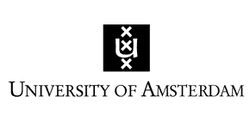ADD YOUR VACANCIES ON IAMEXPAT JOBS
Post your jobs on the most popular job board for internationals in the Netherlands!
Start posting
Order by
Newest
- Newest
- Oldest


